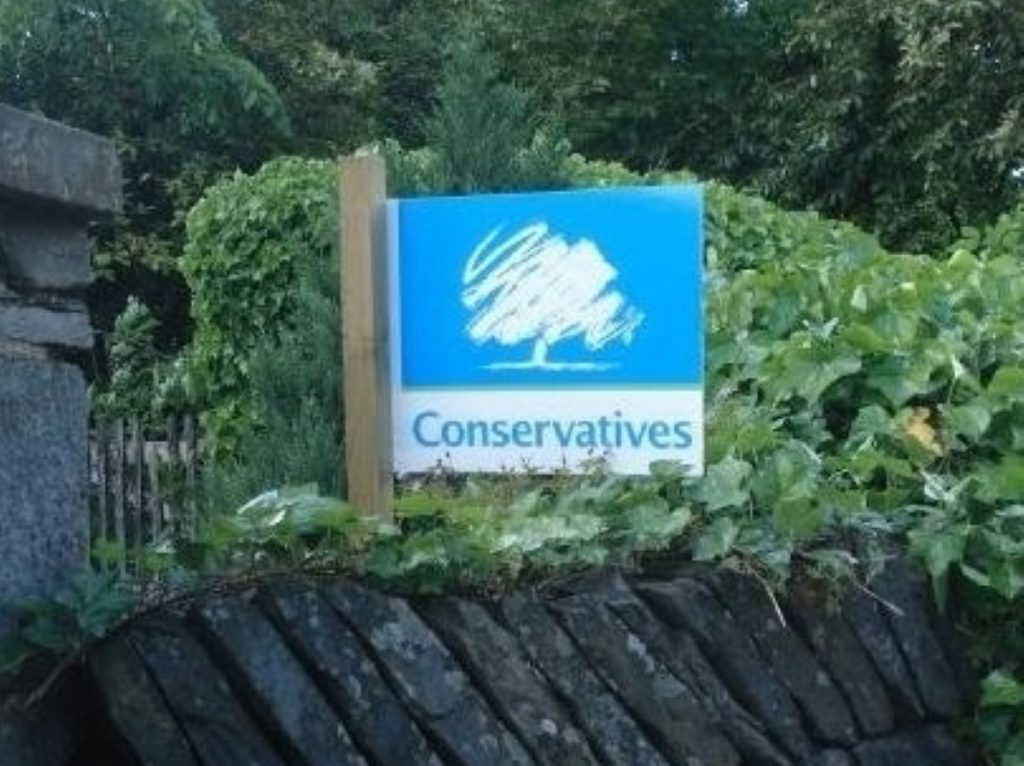Tory activists: Campaign not good enough
By Aled Thomas
Even as David Cameron is settling into Downing Street there are rumblings among his party rank and file.
The fact that the Conservatives have had to do a deal with Nick Clegg’s Liberal Democrats to form a government has not pleased members and activists.
A survey of more than 3,000 members by ConservativeHome.com found that 62% of the party thought the Tories’ election campaign was ‘poor’ with only 20% thinking it ‘good’ or ‘excellent’.


An article by the editor of the Tory website, Tim Montgomerie, says that the TV leaders’ debates were the main reason for the Conservatives’ failure to secure a majority.
It said: “The damaging effect of the election debates was predictable and predicted. When, just before Christmas 2009, the Conservative party agreed terms for the debates, emails arrived in ConservativeHome’s inbox from around the world. A strategist from Ottawa warned that the debates would be a ‘massive boost for the Liberal Democrats’. A leading Republican consultant simply asked ‘why risk a winning lead by giving your opponents a lifeline?'”
The article also said the ‘big society’ ideas of the campaign were given undue prominence: “The Big Society slogan was the crystallisation of ‘social responsibility’ – a consistent Cameron theme, and an expression of his belief that ‘we’re all in this together’. The society it points towards is an ideal shared by One Nation Tories and smaller state liberals alike.”
But the article criticises the fact that it wasn’t market tested and not properly sold on the doorstep: “When it was tested it received a thumbs down. Such testing might have helped to close down Labour’s main line of attack on the idea: that hard-pressed voters, struggling to juggle family and work, would be expected to take on further burdens that politicians themselves should shoulder.”
The report praises the Tories’ fundraising strategy, saying the party received more money than it could spend and is well placed if another election is called and says one of David Cameron’s greatest legacies will be a new generation of Conservative MPs, but it also says he will have difficult relations with his party.
The executive summary of the article concludes: “In preparing for a second election the Tory leadership needs to negotiate for the debates to take place earlier in the campaign; put more money into its ground war; build better relations with the whole of the party and Conservative movement; trust professional polling to test messages; and develop clearer decision-making structures.”
Mr Cameron indirectly addressed concerns in an email to party supporters explaining his decision.
He said the Tories had seen the election of nearly 100 extra MPs and gained more seats than in any election since 1931.
“No-one should underestimate the scale of our achievement in such a short space of time, and it would not have been possible without your support and commitment to the cause,” he wrote.
Mr Cameron said he wanted to “reassure” Conservative members about what had been agreed in the deal with the Lib Dems. He said fairer funding in education, a fairer tax system and political reform – including a referendum on electoral reform – had been conceded.
The £6 billion of cuts in the current financial year, the Trident nuclear deterrent and welfare and school reform will all go ahead, however.
“The past few days have not just been about compromise,” Mr Cameron added.
“What was clear as talks progressed is the common ground between the Conservatives and Liberal Democrats. And that is displayed in this agreement, with our commitment to building a green economy, decentralising power and protecting civil liberties – including scrapping ID cards.”









